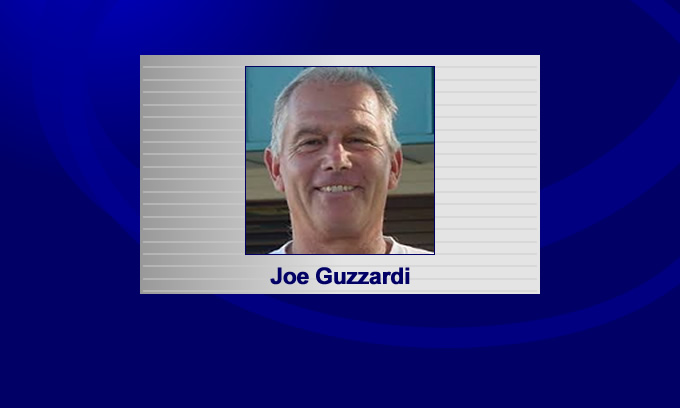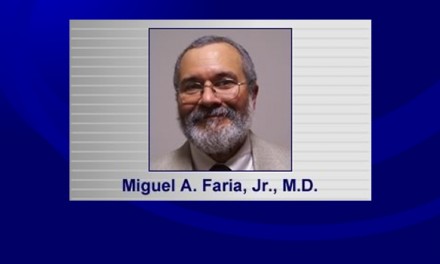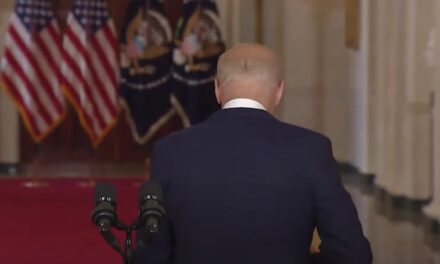From coast-to-coast, sanctuary city mayors are united in their resolve to harbor criminal aliens. Their shared commitment comes despite the Trump administration’s pledge to remove most of the two to three million convicted felons who remain in the U.S. and pose a threat to local communities.
The mayors’ defiance is, on several levels, puzzling. To begin with, illegal entry is a misdemeanor crime, and the law calls for deportation. But beyond that, the mayors’ assurances to the aliens are even more bewildering. Just days after Donald Trump’s election, Chicago Mayor Rahm Emanuel, surrounded by immigration activists, held a news conference during which he said about the illegal immigrants, “You are safe [from deportation] in Chicago.”
Chicago’s violent crime rate is higher than the national average and, to date in 2016, accounts for more than half the nation’s homicide increases. Reducing it should be Emanuel’s top priority, not criminal aliens’ safety. Violent crime in Chicago has been on the rise since the 1960s. During the Thanksgiving weekend in Chicago, 61 were shot, eight fatally, which brought the annual total of shootings in the city to more than 3,950.
What the mayors refuse to acknowledge is that they’ve already lost, and that they’re better advised to drop the posturing and instead line up with the new Trump administration’s reality. The criminal alien aiders and abettors are on the way out —- President Barack Obama, Attorney General Loretta Lynch, Department of Homeland Security Secretary Jeh Johnson, and his underling Immigration Customs and Enforcement Director Sarah Saldana. On the way in are Trump, who campaigned on removing criminal aliens, and his AG pick Senator Jeff Sessions who is committed to immigration enforcement.
Banning sanctuary cities should be a slam-dunk. Such cities violate then-President Bill Clinton’s 1996 immigration law which states that “no local government entity or official” can deny providing to or interfering with the federal government’s immigration information sharing requests. Failure to cooperate can result in the loss of federal funding provided through Justice Assistance Grants and the State Criminal Assistance Program. Lynch didn’t pursue prosecution of uncooperative municipalities, but Sessions, if forced, will.
The mechanism for withholding monies is already in place. Early this year, U.S. Representative John Culberson (R-TX), an Appropriations Committee subcommittee chairman responsible for funding the Department of Justice,, got Lynch to officially designate the top ten sanctuaries, including Chicago, New York and, the entire state of California, as noncompliant with federal law.
Culberson’s quiet, unpublicized victory makes sanctuaries immediately vulnerable to the loss of congressional money. Lynch has notified every city and state about the DOJ understanding with Culberson. In a post-election interview, Culberson said that if President Trump wants to, he could cut off funding to those cities and California the instant he’s sworn in at noon, January 20, 2017. Not only would future funding be cut off, the administration could demand the return of previously distributed monies. In California’s case, the grant totals paid out over the last ten years exceed $3 billion.
If the mayors think they can prevail, they’re clueless. Not only is Trump committed to ending sanctuaries, the public is fed up too. A November Rasmussen poll found that 81 percent of probable voters favor mandatory deportation for aliens convicted of felonies. In light of those statistics and in view of his own determination to enforce immigration laws, Trump won’t back down on his campaign promises. The mayors’ choice: give up, or proceed at their own risk.
———
Joe Guzzardi is a Californians for Population Stabilization Senior Writing Fellow whose columns have been syndicated since 1987. Contact him at [email protected].



















Recent Comments